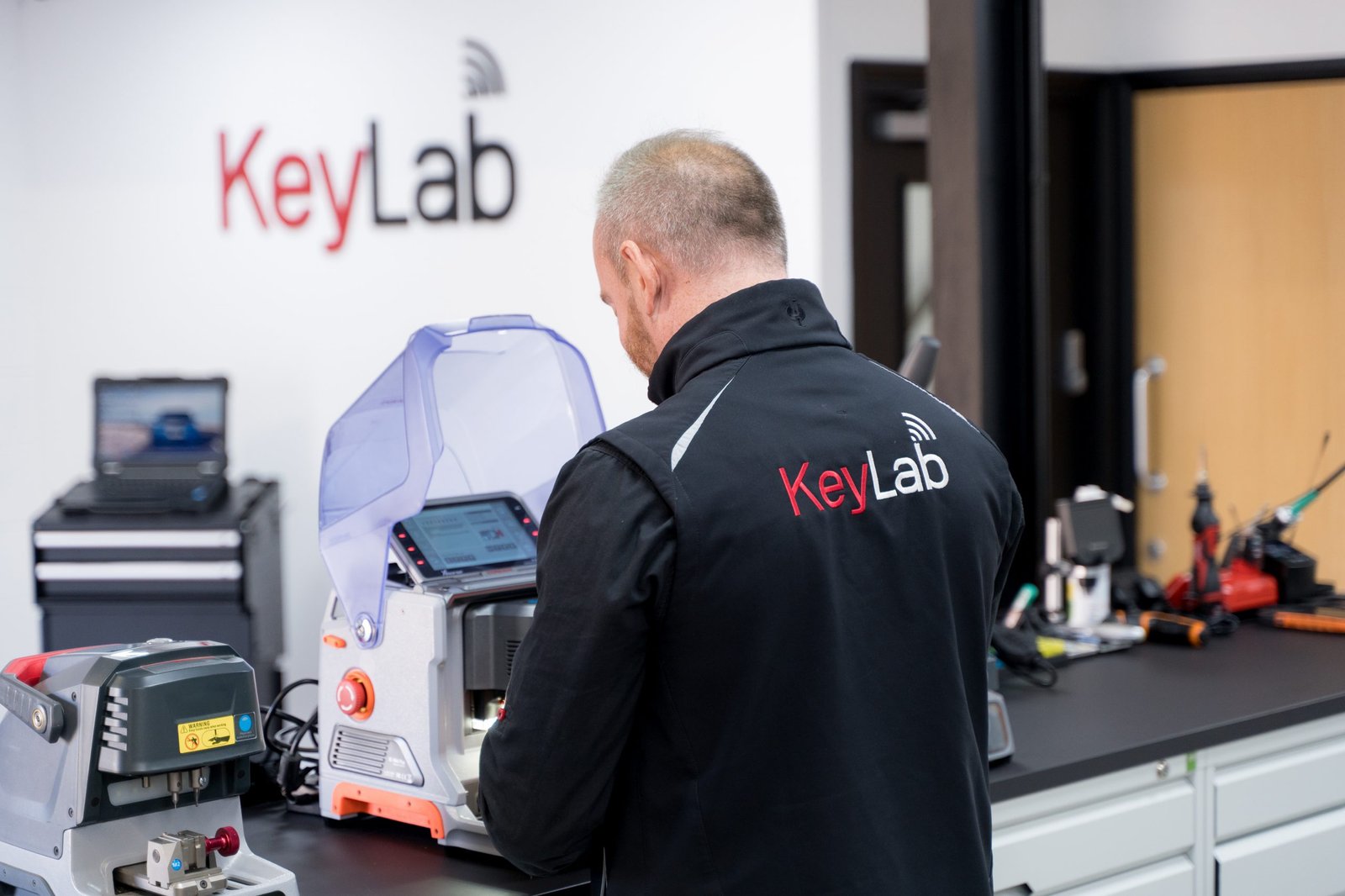A Comprehensive Guide to Replacing Car Keys
Car keys have progressed substantially from the easy metal keys of the past to advanced electronic fobs that incorporate numerous security features. No matter whether you own an older model or a contemporary vehicle, losing a car key can cause substantial hassle. This post provides a thorough summary of the procedure of changing car keys, including the various types of keys, associated costs, and frequently asked concerns.
Types of Car Keys
Before discussing the replacement process, it's important to comprehend the various kinds of car keys that exist today. Each type has its distinct replacement method and cost.
Conventional Metal Keys:
- Used in older automobiles.
- Easy to replicate at the majority of hardware stores.
Transponder Keys:
- Contain a chip that communicates with the vehicle's ignition system.
- Require customized devices for cutting and programs.
Smart Keys:
- Keyless entry systems that permit drivers to begin their lorries without inserting a key.
- Replacement requires dealer involvement for programming.
Key Fobs:
- Remote-controlled gadgets that unlock doors and can begin the engine.
- Frequently integrated with transponder technology.
Valet Keys:
- Designed for short-lived usage, enabling limited access to a car.
- Typically found with a key fob for basic functions.
Comparison Table: Types of Car Keys
| Key Type | Description | Replacement Method | Expense Range |
|---|---|---|---|
| Standard Metal | Basic, non-electronic keys | Replicate at hardware shops | ₤ 2 - ₤ 10 per key |
| Transponder | Keys with a programmable chip | Auto locksmith professional or dealership | ₤ 50 - ₤ 200 |
| Smart Key | Keyless entry system | Dealership just | ₤ 200 - ₤ 500 |
| Key Fob | Push-button control access | Auto locksmith or dealer | ₤ 50 - ₤ 300 |
| Valet Key | Minimal access for short-term use | Replicate if possible | ₤ 10 - ₤ 30 |
Actions to Replace Car Keys
Replacing car keys can appear overwhelming, but it can be fairly simple when broken down into manageable steps. Here's a guide to follow:
1. Determine Key Type
Identify the type of key you need to replace. This will assist your next steps and offer insight into the required replacement method.
2. Locate Your Vehicle Identification Number (VIN)
The VIN is normally found on the motorist's side control panel, visible through the windscreen. It can also be discovered on the motorist's side door frame or in your vehicle's registration documents. This information is essential for any key replacement, as it validates vehicle ownership.
3. Contact a Professional
Depending upon the key type, you may need to check out either a dealer or a locksmith. For traditional keys, most hardware stores can replicate them quickly. For transponder keys, a certified locksmith or car dealership is required to configure the brand-new key.
4. Offer Necessary Documentation
You might need to present documents that confirms your identity and ownership of the vehicle. Common documents consist of:
- Driver's license
- Vehicle registration
- Proof of insurance
5. Program the New Key
For keys with sophisticated innovation (like transponder keys or clever keys), programs is often needed. This may include using unique diagnostic equipment readily available at a dealer or expert locksmith professional.
6. Test the New Key
After replacement, constantly check the brand-new key to ensure it opens the doors and, if appropriate, begins the ignition.
Expenses Associated with Key Replacement
The cost of changing car keys can differ substantially based on the key type, vehicle make and design, and the replacement method picked. A typical expense breakdown is as follows:
- Traditional Keys: ₤ 2 - ₤ 10
- Transponder Keys: ₤ 50 - ₤ 200
- Smart Keys: ₤ 200 - ₤ 500
- Key Fobs: ₤ 50 - ₤ 300
- Provider of a Locksmith: ₤ 50 - ₤ 150 (depending on services rendered and the complexity of the key)
Factors Influencing Cost
- Vehicle Make and Model: Luxury lorries often have higher replacement expenses due to advanced technology.
- Contract out vs. Dealership: Dealerships may charge more than independent locksmiths for similar services.
- Aftermarket vs. Original Parts: Some people choose for aftermarket keys, which can be cheaper however may not have the very same guarantee protection.
FAQs About Replacing Car Keys
Q1: Can I replace my car key myself? Key Fob Replacement : While you can replace traditional metal keys yourself, most contemporary keys need expert expertise for duplication and programming. It is advisable to look for professional assistance. Q2: How long does it require to replace a car key?A: Replacement time differs. Traditional keys can be made in minutes, while transponder
or smart keys may take longer, especially if shows is included. Q3: What if I lose my only key?A: In this case, you will require to tow your vehicle to a dealership or locksmith that can produce a brand-new key for you. Q4: Will my
car's warranty cover key replacement?A: Most car guarantees do not cover key replacement unless you have particular theft protection plans.
Constantly talk to your guarantee provider. Q5: How can I prevent losing my car keys?A: Consider using a key finder device, designating a particular area for your keys in your home, and having a spare key made to keep in a safe area. Replacing car keys can be a hassle, however understanding the various kinds of keys, replacement treatments, and associated expenses can streamline the process for vehicle owners. Being prepared with knowledge and a plan can decrease
stress and get you back on the roadway quicker. Whether you rely on a dealership or locksmith, browsing key replacement does not have to be a difficult experience when you take the right steps.

